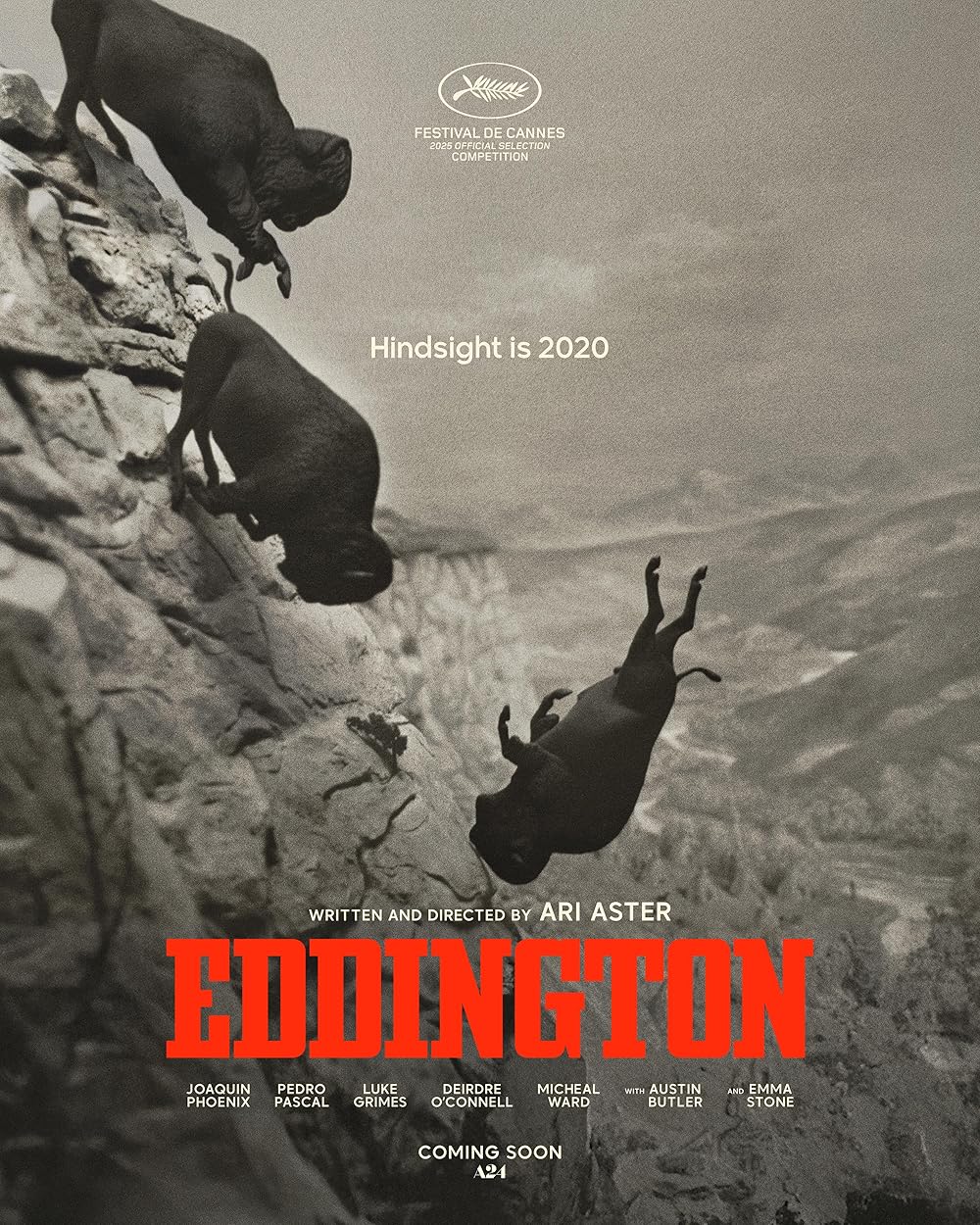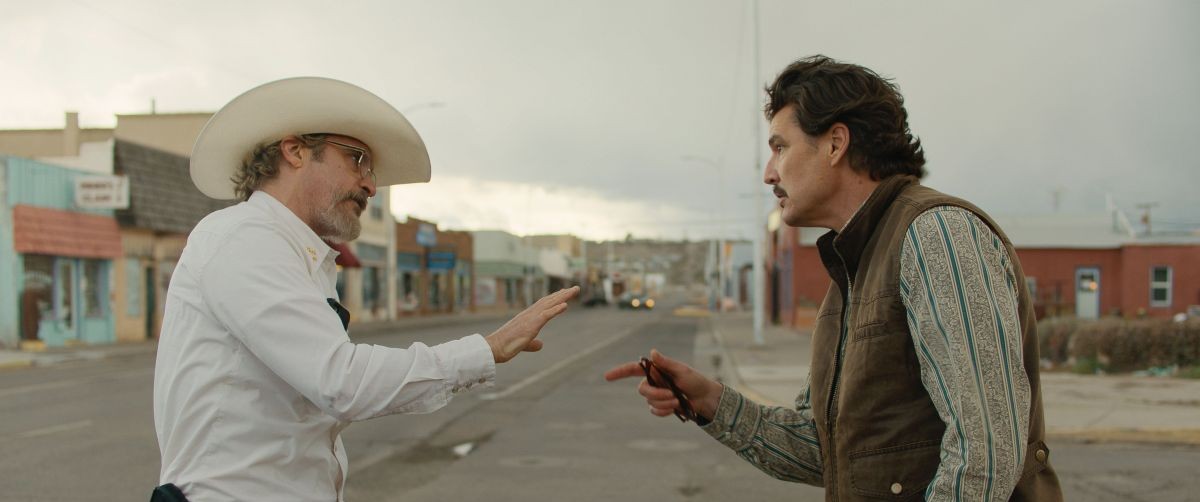Roger Kraus Racing - The Echoes Of A Name
Sometimes, a name carries more than just letters; it holds stories, memories, and even a bit of history. The name "Roger," for instance, seems to pop up in places you might not expect, like in old military communications or even in a popular movie. It is, in a way, like a thread connecting different parts of our shared experience, a subtle link between ideas that might seem very far apart at first glance.
When we hear a name, our minds often jump to what we already know about it. For "Roger," this can mean a lot of things. It could make you think of a simple way to confirm a message, or maybe even a character from a movie that made you smile. There's a curious sort of reach to this word, a presence that feels more expansive than just a single person or a specific event. It's almost as if the name itself has its own kind of momentum, a subtle forward movement, like a quiet kind of race.
This idea of a name having its own journey, you know, a sort of silent "roger kraus racing" through different contexts, is quite interesting. It suggests that even a simple word can have a surprisingly varied background, touching on everything from how people talk to each other to how we deal with tricky digital problems. We can, perhaps, explore some of these connections and see what surfaces from the information we have at hand.
Table of Contents
- The Origins of "Roger" - A Whisper Through Time
- How Did "Roger" Get Its Start in Communication?
- "Roger" Versus "Copy" - Is There a Difference in This Communication Race?
- The "Roger" Name in Pop Culture - A Cultural Sprint
- When "Roger" Takes a Darker Turn - The Digital Pursuit
- Who Are Some "Roger" Figures in the Cybersecurity Field?
- Can "Roger" Help Us Understand Online Communities?
- What's in a Name - The "Roger" Legacy?
The Origins of "Roger" - A Whisper Through Time
The word "Roger" has a rather interesting past, especially when you consider how it became a part of everyday language for so many people. It wasn't always just a simple confirmation. For a good stretch of time, specifically between 1943 and 1956, military personnel in both the United Kingdom and the United States used "Roger" to stand for the letter "R." This was, in a way, a part of a larger system to make sure messages were heard clearly, even when things were a bit noisy or unclear. You see, when you're trying to spell something out over a radio, saying "R" can sound a lot like other letters, so having a distinct word really helps. So, "Roger" became the stand-in, a clear signal for that particular letter. It’s a bit like a secret code that everyone in the know understood, allowing for quick and accurate communication, which is, you know, pretty important in those kinds of situations. This practice, while perhaps not widely known today, shows how words can pick up specific meanings and then carry them forward through time, even as the original reason for their use might fade a little.
How Did "Roger" Get Its Start in Communication?
The way "Roger" came to mean "received" is pretty straightforward, actually. The letter "R" is the very first letter in the word "received." So, it made a lot of sense to use "Roger" as a quick, clear way to acknowledge that a message had come through. It was a simple, effective solution for radio operators and soldiers who needed to confirm that they got the information. Even though the official spelling alphabet has changed since those days, the use of "Roger" to mean "I received your message" has stuck around. It's one of those linguistic bits that just sort of, well, lasts. It shows how practical needs can shape language, creating phrases that become so ingrained they just keep going, almost on their own momentum. It's a testament to how practical language can be, really, making sure everyone is on the same page, especially when speed is of the essence.
"Roger" Versus "Copy" - Is There a Difference in This Communication Race?
When it comes to confirming a message, you might hear two words used quite often: "copy" and "Roger." While they both mean you've heard what someone said, there's a subtle but important distinction between them, kind of like different gears in a communication race. "Copy" basically means, you know, "I heard what you said." It's a simple acknowledgment that the words reached your ears. "Roger," on the other hand, carries a bit more weight. When someone says "Roger," it means "I received your message, I understand it, and I will do what you've asked." It's an active confirmation that implies both comprehension and a promise to act. So, in some respects, "Roger" is a step beyond just hearing; it's about being ready to move forward. If the people talking are on the same level, say, two soldiers or two police officers, then these words can often be used interchangeably. But for those who need to be very precise about not just hearing but also acting, "Roger" adds that extra layer of meaning, ensuring everyone is not just listening, but truly aligned in their next move. It’s a bit like the difference between just getting the green light and actually putting your foot down to go.
The "Roger" Name in Pop Culture - A Cultural Sprint
Beyond its military roots, the name "Roger" has, you know, found its way into popular culture, taking on a life of its own. One of the most famous examples comes from the 1999 movie, "Star Wars: The Phantom Menace." In that film, the battle droids, which were, let's be honest, a bit silly, kept repeating "Roger! Roger!" This simple phrase, uttered by these rather goofy robots, actually became quite famous. It turned into a well-known cultural reference, something that many people recognized and even joked about. This shows how a phrase, even one with a serious origin, can be picked up by entertainment and given a whole new, lighter meaning. It's a pretty interesting example of how language can adapt and spread, almost like a cultural sprint, moving from one context to a completely different one, and still managing to stick in people's minds. It’s fascinating how something so simple can become so widely known, truly.
When "Roger" Takes a Darker Turn - The Digital Pursuit
Unfortunately, the name "Roger" also appears in a much less friendly context, particularly in the digital world. There are, you know, some harmful computer programs that use the name. For instance, the ".roger files virus" is a type of ransomware. It comes from a family of similar threats known as Crysis or Dharma. This kind of program is, frankly, very dangerous because it takes personal files on your computer and locks them up. It makes them unreadable, so you can't get to your own documents, pictures, or anything else that's important to you. Then there's another one, called "Jolly Roger," which is also a new type of ransomware. This particular threat adds an extension like ".locked" to your files after it messes with them. These programs represent a completely different kind of "roger kraus racing," one where people are trying to outsmart computer users for bad reasons. It's a digital pursuit where the goal is to cause trouble and demand payment, making it a very serious issue for anyone who uses a computer, actually. These names, while perhaps sounding innocent, hide a very real threat to personal data.
Who Are Some "Roger" Figures in the Cybersecurity Field?
It's interesting how the name "Roger" pops up in the cybersecurity world, not just with threats, but also with people working to protect us. For example, there's a book published in 2017 by someone named Grimes. This book was written by a person with a long history in the field of cybersecurity, with a particular focus on preventing harmful software and other things hackers do. This shows that the name can be associated with efforts to keep our digital lives safe. Then there's Roger Dingledine, who is connected to the Tor Project. The Tor Project is, you know, a well-known group that works on online privacy and security. According to them, Roger Dingledine, along with Leeade, was involved in research that showed a 6.4% false positive rate for something they were looking at. This kind of detail, while specific, highlights how individuals named "Roger" are involved in the serious work of making the internet a safer place for everyone. It's a different kind of "roger kraus racing," where the goal is to stay ahead of the bad actors and protect information, which is, obviously, a big job.
Can "Roger" Help Us Understand Online Communities?
Believe it or not, the word "Roger" can even, in a way, connect us to how online communities work. Take Zhihu, for instance. It's a very big online question-and-answer platform in China, a place where people come together to share what they know. It officially started in January 2011, and its main idea is to help people share knowledge, experiences, and thoughts, so everyone can find answers to their questions. It's known for having content that's, you know, quite thoughtful and professional. Someone once mentioned searching for "Hua Hua" on Zhihu and finding something interesting. They talked about "Luo Hua Hua's temper," which was apparently a famous example of her strong personality. This little anecdote, while specific to a person, shows how online spaces like Zhihu are where people connect, share, and even talk about personal traits. It's a kind of constant exchange, a steady flow of information, which is, in a way, a continuous "roger kraus racing" of ideas and discussions. The "Roger" here isn't a direct link, but rather a subtle connection to the act of receiving and understanding information within a large, active community.
What's in a Name - The "Roger" Legacy?
So, what does all this tell us about a name like "Roger"? It suggests that a single word can have a surprisingly wide range of meanings and connections, stretching from military communication to pop culture, and even into the serious world of cybersecurity and online communities. It's a bit like seeing how a simple starting point can lead to many different paths, a kind of linguistic journey. The name itself seems to carry a quiet legacy, a continuous thread that runs through various parts of our collective experience. It shows how words can adapt, take on new meanings, and still retain a core sense of acknowledgment or understanding. Just like how we structure names, with a first name followed by a last name in many places, the meaning of a word can build upon itself, adding layers over time. It's a subtle reminder that even the simplest parts of our language hold stories and connections that might not be obvious at first glance, making the exploration of a name like "Roger" a pretty interesting pursuit, you know, in its own quiet way.
- Pacers Vs Knicks Sportsbookwire
- Tucker Barnes Son
- Saffron Town Center
- Fatman Scoop Energy Drink
- Ye Olde Fishing Vortex

Eddington movie review & film summary (2025) | Roger Ebert

Elio movie review & film summary (2025) | Roger Ebert

Eddington movie review & film summary (2025) | Roger Ebert